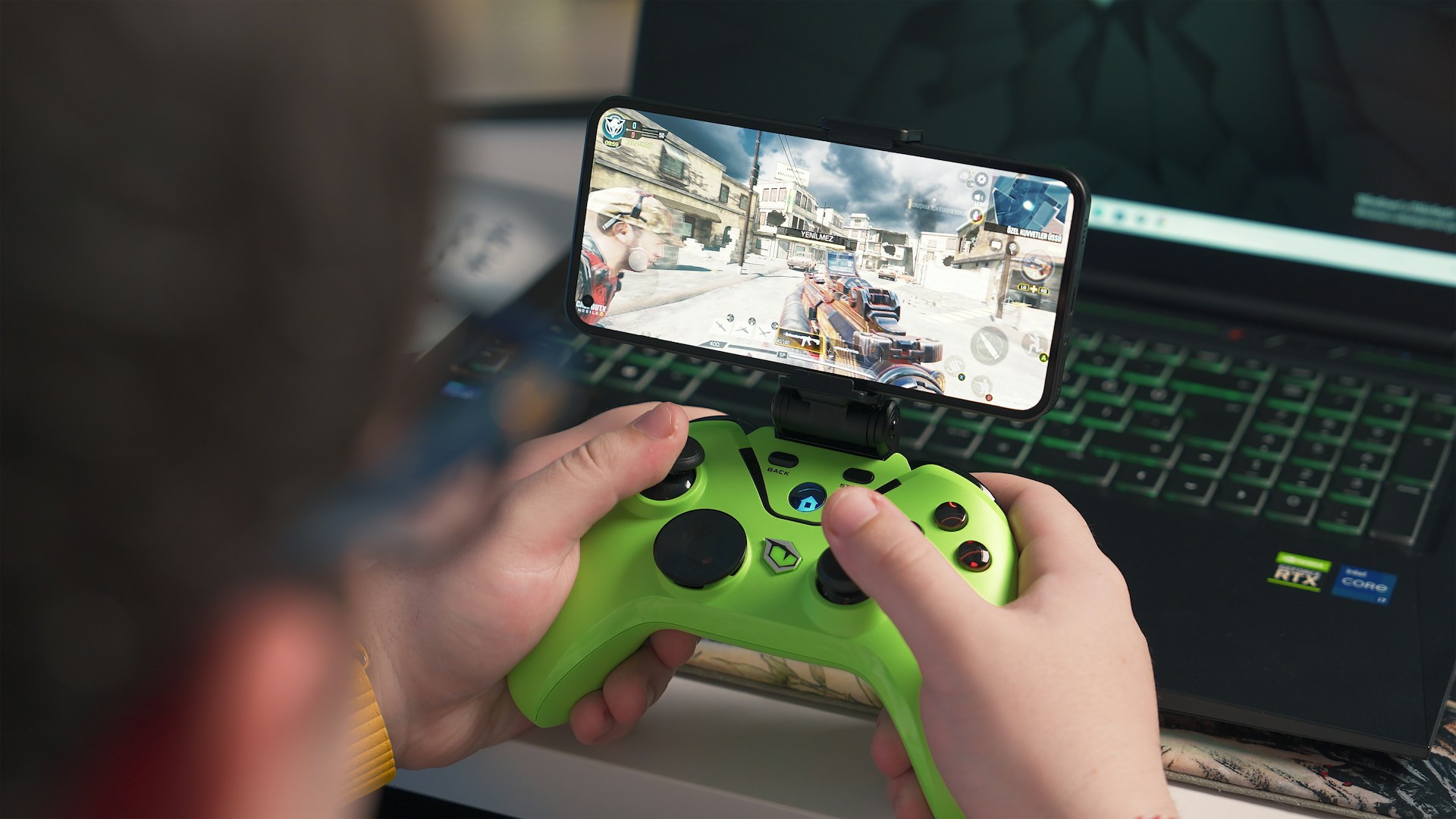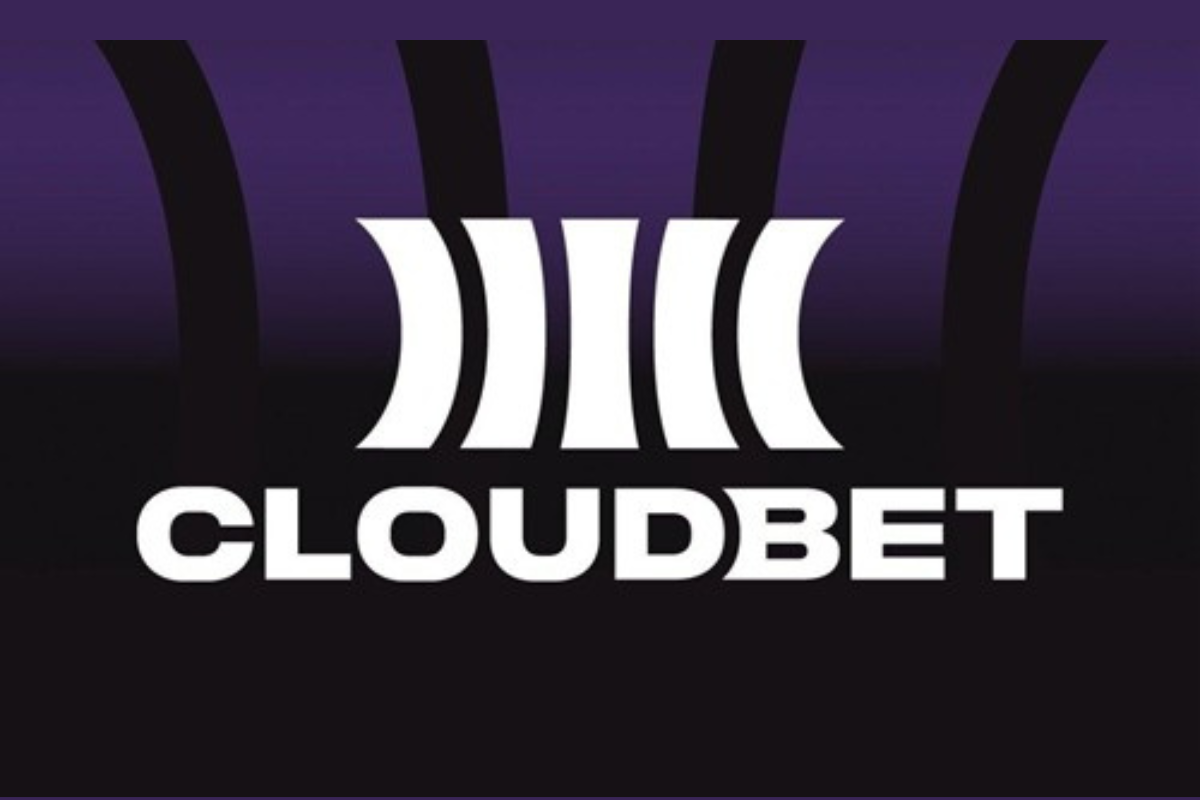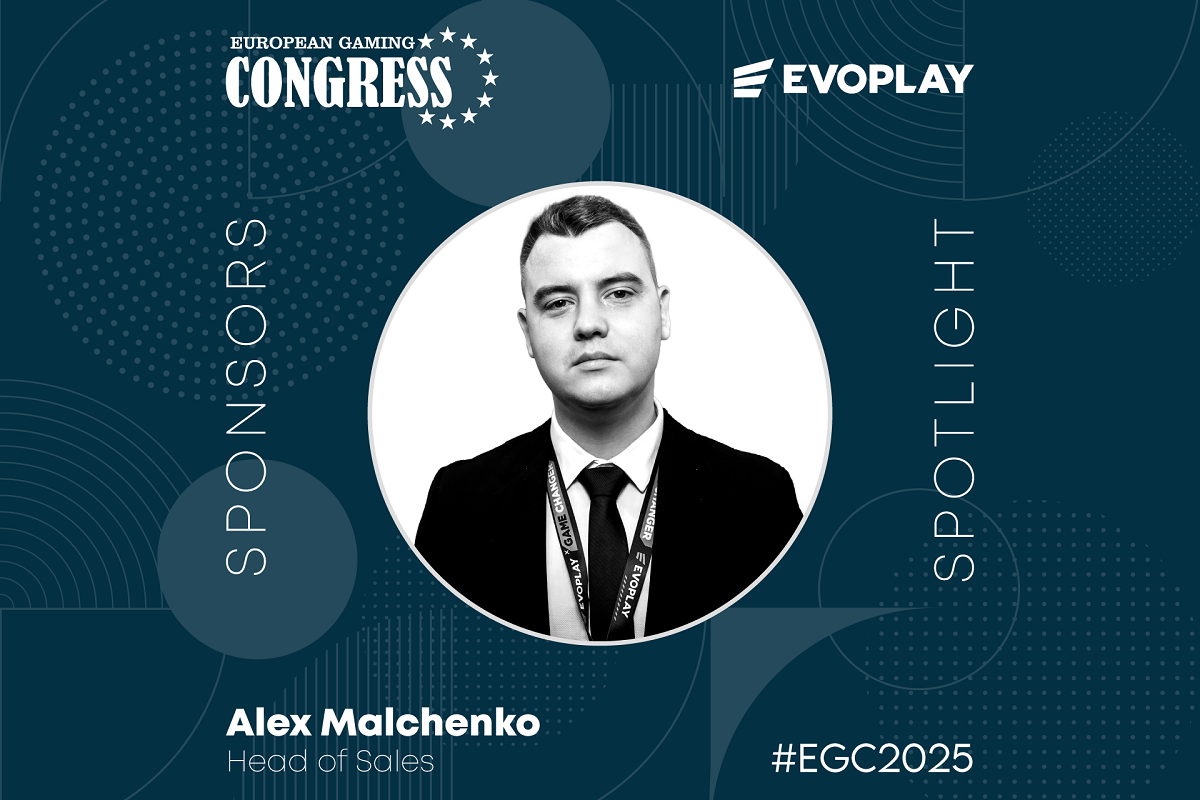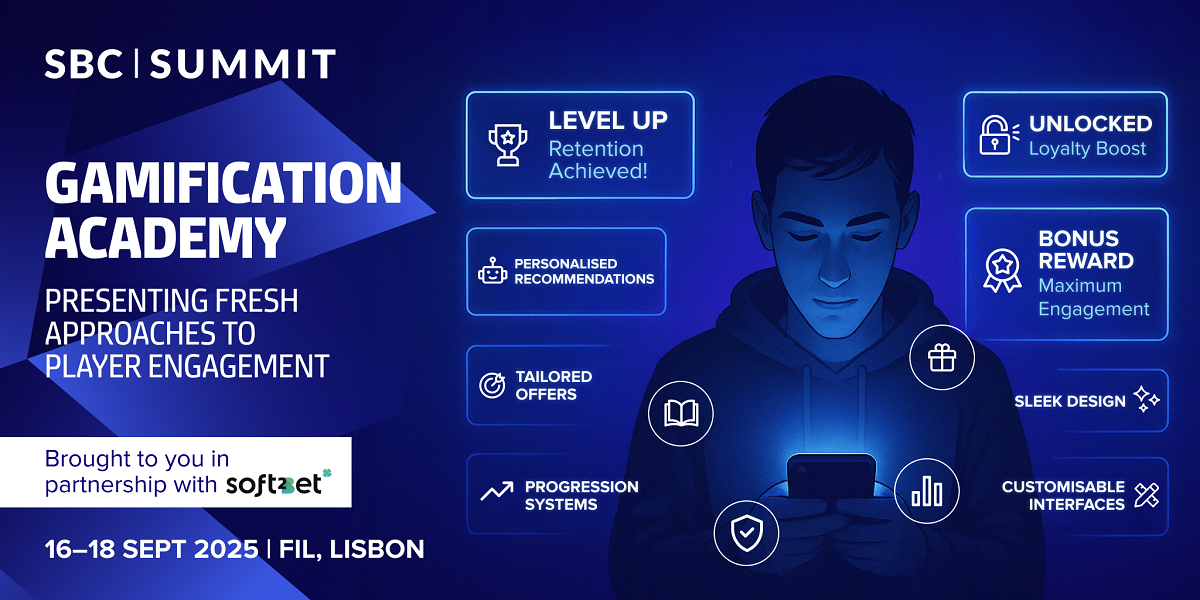Latest News
How to Recognize the Signs of Gaming Addiction and Take Action

If video games are all you ever think about, you might be dealing with gaming addiction. Gaming non-stop without breaks can lead to stress, and stress can cause a host of other problems. If you feel dissatisfied with your relationship with games, this article will help you understand if you are addicted and how you can take action to enjoy gaming while living a healthier life overall.
Identifying Gaming Addiction
The first step in breaking any addiction is recognizing that a problem exists. This awareness is crucial because it sets the stage for meaningful change. Once you understand the signs of gaming addiction, solutions like learning how to play in moderation or new hobbies like chatting with men or meeting women online on social video chat platforms can start to be considered. Here are some clear indicators that can help you identify if gaming has become an addiction in your life.
Clear Behavioral Indicators
One of the most telling signs is consistently gaming for more extended periods than you initially planned. You might intend to play for an hour but find yourself still playing several hours later, often late into the night or early morning.
Additionally, gaming addiction can lead to neglecting essential responsibilities. You may start missing deadlines at work or school, avoiding household chores, or neglecting personal hygiene and health.
Another clear indicator is dishonesty about your gaming habits. You might find yourself lying to friends or family about how much time you spend gaming or making excuses to avoid social events to play games. This behavior often stems from guilt or shame about the amount of time spent gaming.
Physical Symptoms
Persistent fatigue and sleep disturbances are common physical symptoms of gaming addiction. You may start to find yourself staying up late into the night or even pulling all-nighters to continue playing, which disrupts your natural sleep cycle. This lack of sleep can lead to chronic fatigue, making it difficult to concentrate and perform daily tasks effectively.
Physical ailments are also prevalent among those with gaming addiction. One such ailment is carpal tunnel syndrome, a condition caused by repetitive hand and wrist movements. Gamers are particularly susceptible due to the constant use of controllers, keyboards, and mice. Symptoms include numbness, tingling, and pain in the hands and wrists, which can severely impact your ability to engage in everyday activities.
Emotional and Mental Signs
If you find yourself feeling restless, anxious, or irritable when you’re away from your games, it might be a signal that gaming has become more than just a hobby. These feelings can negatively impact your mood and interactions with others, leading to strained relationships and a general sense of unease.
Another significant indicator is using gaming as your primary way to escape reality or relieve stress. It’s natural to seek out activities that help you unwind after a long day, but gaming can be problematic if it becomes your main or only coping mechanism. When real-life issues arise, you might turn to gaming to avoid dealing with them, creating a cycle of avoidance and dependency.
Immediate Actions to Take
Once you’ve identified the signs of gaming addiction, the next step is to take immediate action to address it. Here are some practical steps you can start implementing today.
Self-Assessment
The first thing you should do is conduct a self-assessment to understand the extent of your gaming habits. There are various tools and questionnaires available online, such as the Internet Gaming Disorder Test (IGDT-10), which can help you evaluate your behavior.
Reflect honestly on questions like how often you think about gaming, if you feel restless when you’re not playing, or if gaming interferes with other aspects of your life. This self-assessment will give you a clearer picture of your situation and pinpoint areas where you need to make changes.
Set Immediate Boundaries
Implement strict rules for yourself, such as limiting gaming to a specific time of day or setting a maximum amount of time you can play each week. Use free tracking tools to help you enforce these limits by blocking access to gaming sites or apps during certain hours. Additionally, create a daily schedule that includes time for other important activities like work, exercise, and socializing.
Engage in Alternative Activities
Engaging in alternative activities is a powerful way to reduce your reliance on gaming. Start by exploring new hobbies or revisiting old ones that you enjoyed before gaming took over. Physical activities like joining a local sports team or going to the gym can be particularly beneficial, not just for your physical health but also for your mental well-being.
Additionally, consider social activities such as meeting new people through social video chat platforms. Diversifying your activities will help you find joy and fulfillment in different areas of life, making it easier to step away from excessive gaming.
Long-Term Strategies for Sustaining Change
Taking immediate action is a great start, but sustaining change requires long-term strategies. Here are some practical approaches to help you maintain your progress and ensure lasting recovery from gaming addiction.
Involve Family and Friends
Involving your family and friends in your journey can provide essential support and accountability. Share your goals and struggles with them, and ask for their help in keeping you on track. Plan regular social activities that don’t involve gaming, such as family dinners, movie nights, or outdoor adventures. Having a support system that understands your situation can make a significant difference in staying committed to reducing your gaming time.
Seek Professional Help
Consider seeing a therapist who specializes in addiction, particularly Cognitive Behavioral Therapy (CBT), which has been proven effective in treating behavioral addictions. A mental health professional can help you develop healthier coping mechanisms and strategies to manage cravings and stress. Don’t hesitate to seek help. Professional guidance will be a crucial part of your recovery process.
Join Support Groups
Support groups offer a sense of community and understanding from others who are facing similar challenges. Look for local or online groups specifically for gaming addiction. Participating in these groups allows you to share your experiences, gain insights from others, and receive encouragement. Knowing that you’re not alone in your struggle can be incredibly motivating and reassuring.
Continuously Self-Monitoring
Track your progress and stay aware of any potential setbacks. Keep a journal where you document your gaming habits, feelings, and any triggers that lead to excessive gaming. Regularly review your entries to identify patterns and make necessary adjustments to your strategies. Set monthly goals and take time to reflect on your achievements and areas that need improvement. This ongoing self-awareness helps you stay proactive in managing your addiction.
Pursue Personal Growth
Focusing on personal growth can help you find fulfillment and purpose beyond gaming. Set personal development goals, such as learning a new skill, taking up a creative hobby, or volunteering in your community. Engage in activities that promote self-improvement and personal satisfaction. This will shift your focus away from gaming and towards more constructive and rewarding pursuits.
Conclusion
You need to take decisive action to recognize and address gaming addiction. Assess your habits, set clear boundaries, and engage in alternative activities. Seek support from family, friends, and professionals. Monitor your progress and focus on personal growth. Consistently do this to balance your life and build a healthier, more fulfilling future.
-

 Asia3 days ago
Asia3 days agoDigital gaming disruption tackled in 1st AsPac Regulators’ Forum
-

 Latest News5 days ago
Latest News5 days agoCloudbet maps regional betting trends in August–September 2025
-

 Latest News6 days ago
Latest News6 days agoHigh Roller Launches New Online Casino Brand in Finland
-

 Latest News6 days ago
Latest News6 days agoNetBet Denmark expands its casino library by adding SYNOT Games as a provider
-

 Central Europe6 days ago
Central Europe6 days agoPromatic Games and SYNOT Interactive Announce Strategic Partnership to Strengthen iGaming Expansion in Central and Eastern Europe
-

 Asia5 days ago
Asia5 days agoPAGCOR chief pushes for stricter regulation, not online gaming ban
-

 Conferences in Europe6 days ago
Conferences in Europe6 days agoStrategies that Scale: Evoplay’s Alex Malchenko on Cracking the Code of Localised iGaming Success
-

 Conferences in Europe5 days ago
Conferences in Europe5 days agoNew Gamification Academy at SBC Summit to Present Fresh Approaches to Player Engagement















